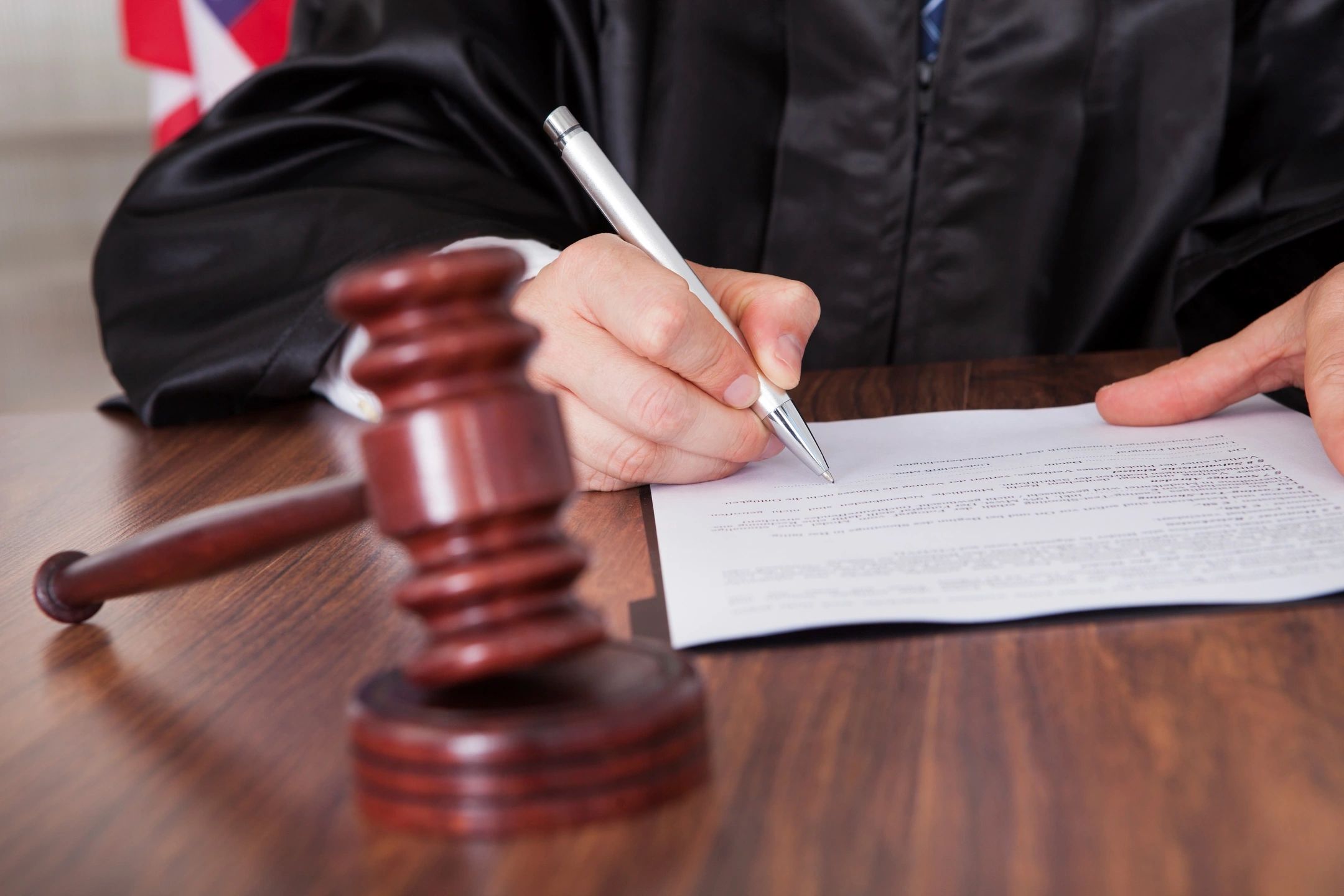
Regeneron Pharmaceuticals Inc (Respondent) v Kymab Ltd (Appellant)
July 9, 2020
Commercial Awareness Update – W/C 12th July 2020
July 11, 2020By Louise Horn
Among the many crises the world is witnessing today, namely the worldwide pandemic and an intense Black Lives Matter movement that has enveloped multiple countries, a perceived lesser crisis has occurred in New York City. On June 4th, 2020, a Manhattan judge and New York State Supreme Court judge, James Burke, rejected a petition that sought the immediate release of protestors that had been held by the NYPD for more than 24 hours The justifications used were that extraordinary circumstances, that of Covid-19, applied to the situation, stating, ‘it is a crisis within a crisis, all writs are denied.’ While this may not seem substantial, Judge Burke’s stance puts into question the fundamental right of habeas corpus. Many New York lawmakers and activists quickly condemned the judge’s suspension on the basis that the move was an illegal suspension of the right of habeas corpus as well as unconstitutional. Up until today, hundreds of New Yorkers have been arrested in the mass protests over the death of George Floyd and have been detained more than 24 hours without arraignment, which is against New York law. According to the 1991 New York State Court of Appeals decision in Roundtree v. New York, ‘arrestees held in custody for more than 24 hours without arraignment are entitled to release unless an acceptable explanation for the delay is given.’ This recent ruling undermines the right to habeas corpus and puts into question the status that the right holds today not only in the United States, but in the United Kingdom as well.
To provide some background on the right, habeas corpus is an ancient common law writ, recognized in the Anglo-American legal system, that used to be issued by a court or judge ordering the person held in custody to be produced before the court for a specific purpose. Habeas corpus (ad subjiciendum) is Latin for ‘you may have the body (subject to examination)’ While there are many varieties of the writ, the most important and used one has been that of using it to direct judicial inquiry into the legality of a detention. In other terms, it ensures that no one can be imprisoned unlawfully, requires the government to justify the detention of a person before court and is a protection for individuals against arbitrary detention by the state. The right can be called upon by anyone who believes they are unlawfully detained but has to be issued by a judge, as a writ. Given that this right dates back to the Magna Carta, what is its status in British law currently?
While Judge Burke’s move in New York City may seem unprecedented to some, something similar has happened in the United Kingdom. With the adoption of new antiterrorist law on March 11, 2005 by the British Parliament, the Prevention of Terrorism Act, the right to habeas corpus was also challenged and left up for question. The Act authorized the indefinite detention of foreigners suspected of terrorist activities without their indictment. Under Article 21, ‘The Secretary of State may issue a certificate under this section in respect of a person if the Secretary of State reasonably believes that:
(a) the person present in the United Kingdom is a risk to national security, and (b) suspects that the person is a terrorist.’ Therefore, it allowed for potentially unlimited detention without the presence of objective fact of crime and, thus, suspended the right of habeas corpus for people in the UK without British citizenship or residence. While the law has always established the primacy of fact over suspicion, this legislation reversed this hierarchy.
In order to pass the law, similarly to Judge Burke’s justification for his ruling, the British government used the exception to Article 5, Paragraph 1 of the European Convention on Human Rights of a state of emergency. However, the Appeals Court of the House of Lords ruled that such exceptions are limited only to a situation of war or emergency and that the contextual situation did not fit this description. In response to the decision, the British government legitimatized the extension of the provision, or the suspension of habeas corpus, to the whole population and not just foreigners in the United Kingdom. In its defence, the Home Office denied any such suspension of the right with a spokesman of the government stating, ‘We are not removing habeas corpus rights. Everyone has a right to habeas corpus and that will remain the case.
Since then, however, the Prevention of Terrorism Act 2005 has been repealed and is no longer legislation. However, as Michael Zander QC has said, ‘Habeas corpus has a mythical status in the country’s psyche. In reality it is no longer of great practical significance as there are today very few habeas corpus applications, but it still represents the fundamental principle that unlawful detention can be challenged by immediate access to a judge – even by telephone in the middle of the night.’ While it seems that the right is not often used, its suspension calls into question fundamental human rights of liberty. In emergencies, as seen with the terrorist threat in the United Kingdom and the pandemic’s effect on New York City’s tribunals, governments have been quick to act in opposition to these liberties.





